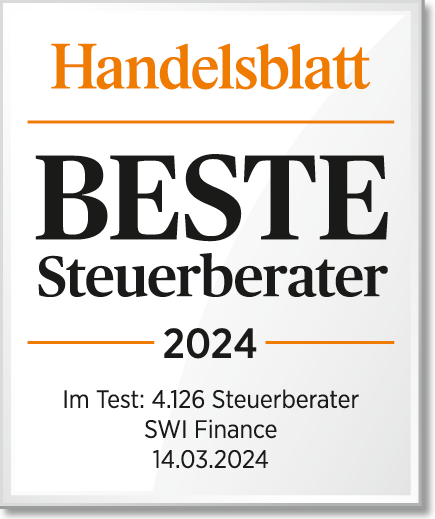- Companies
- International tax law
- Design & documentation of transfer prices
- Use of tax losses from home and abroad
- Annual financial statements - used strategically correctly
- Immigration step-up, a company moves to Germany
- Tax liability for sole proprietorships and partnerships
- Tax liability for Swiss corporations
- Permanent establishment
- Taxes in China
- International sales tax
- International employees
- Differences in labor law, tax law, social security law
- Working in the home office international
- Tax liability of employment income according to DTA
- Income tax for cross-border commuters, domicile abroad, without an employment contract
- Working in the employer's business premises
- Shares in partnerships and corporations
- Company formation/start-up
- Management consultancy
ServicesWith our work, we help our customers create long-term value and support them in growing responsibly and shaping digital change. We rely on data and the latest technologies in our services. - International tax law
- private customers
- Living & working abroad
- EU-Germany-Switzerland
- Taxation of the earned income of EU foreigners in Switzerland
- Tax liability in Switzerland
- Is it worth moving to Switzerland?
- Cross-border commuters between Germany and Switzerland
- 60-day rule in the DBA Germany-Switzerland
- Managerial staff Germany-Switzerland
- Income as a director
- Child benefit in cross-border cases
- Swiss AHV system / income tax
- Additional taxation between Germany and Switzerland
- Taxation in the digital world
- Life in China
- Purchase and financing of land, defense against enforcement
- Family & inheritance law, inheritance tax
IndustriesWith our work, we help our customers create long-term value and support them in growing responsibly and shaping digital change. We rely on data and the latest technologies in our services. - Country overview
CareerWe bring exceptional talents together to advance things together and make them significantly better.
- Rates
- office software
- Contact
- About Us
- Blog
Germany Switzerland Spain Liechtenstein China
Due to the abolition of the joint ownership of company assets as a result of the MoPeG, these companies should be registered as quickly as possible in the newly introduced company register. Because without registration, neither the land registry office nor the commercial register will make any entries. This means that it is practically no longer possible to complete a purchase or sale of property if there is no entry in the company register.
Registrations for the company register must be made in a publicly certified form, ie before the notary. This becomes problematic if not all shareholders are available or they cannot (or cannot) participate for whatever reason. For partners living abroad, it may be necessary to work with the help of register powers and an apostille.
It is not possible for the eGbR to return to an unregistered GbR by deleting it from the company register. In case of doubt, the eGbR must be liquidated with all tax implications accepted.
To stay with the property-owning companies: With regard to the property transfer tax, a three-year transition period was introduced, during which the property companies of the previous type continue to be treated as a joint entity for the purposes of the property transfer tax. After that, Sections 5 and 6 GrEStG are no longer applicable due to the lack of joint assets and the shares are deemed to have been transferred to the shareholders and may lead to the creation of GrESt.
As with corporations, there has been a strict separation of asset spheres between partnerships and shareholders since January 01.01.2024, 35. However, this does not change the tax treatment of partnerships, except that in the future you can also opt to be taxed like a corporation as an eGbR (but only as such). At this point, caution is required when representing the eGbR, because an application submitted to the shareholders also leads to the general applicability of exit taxation according to the AStG and, depending on the country, to dividend taxation there. In this respect, national laws regarding withholding taxation of dividends and time-bound refund applications must be observed. For example, 30.6% withholding tax is charged in Switzerland. Dividend recipients living abroad can only do so until June 20th. the following year submit an application for a refund of 15%. XNUMX% remains in Switzerland and is credited to a maximum of this amount in the beneficiary's country of residence.






